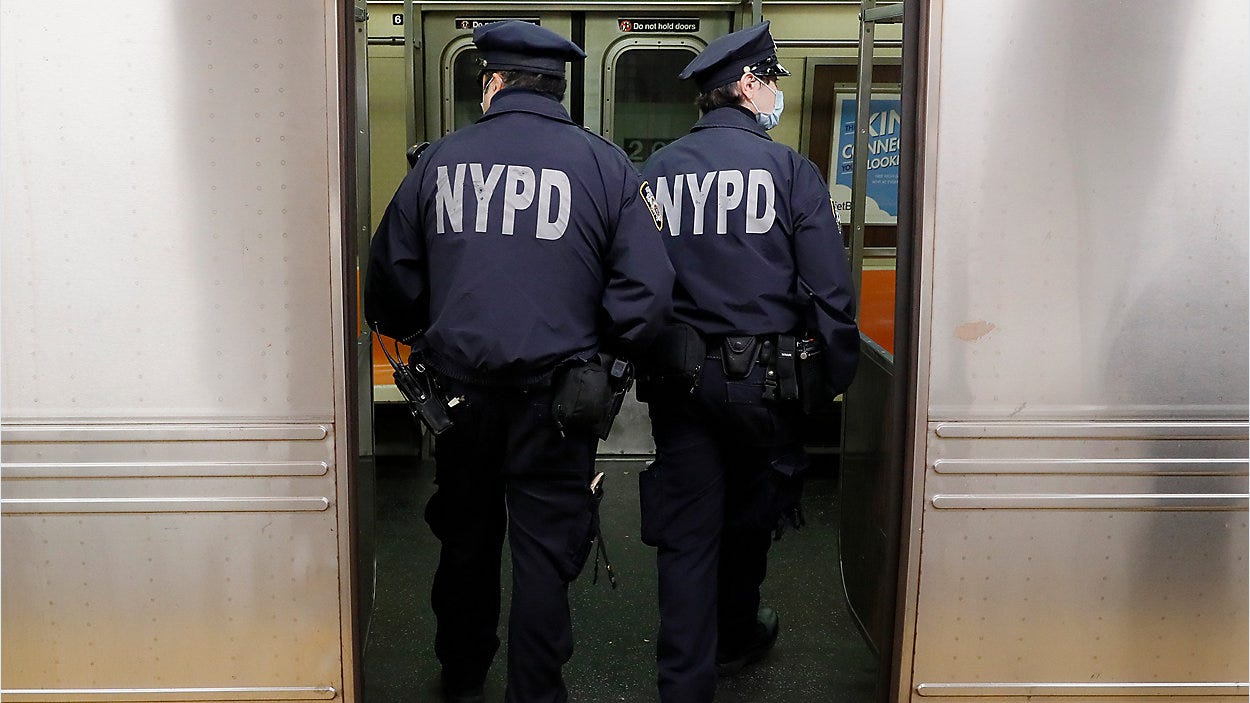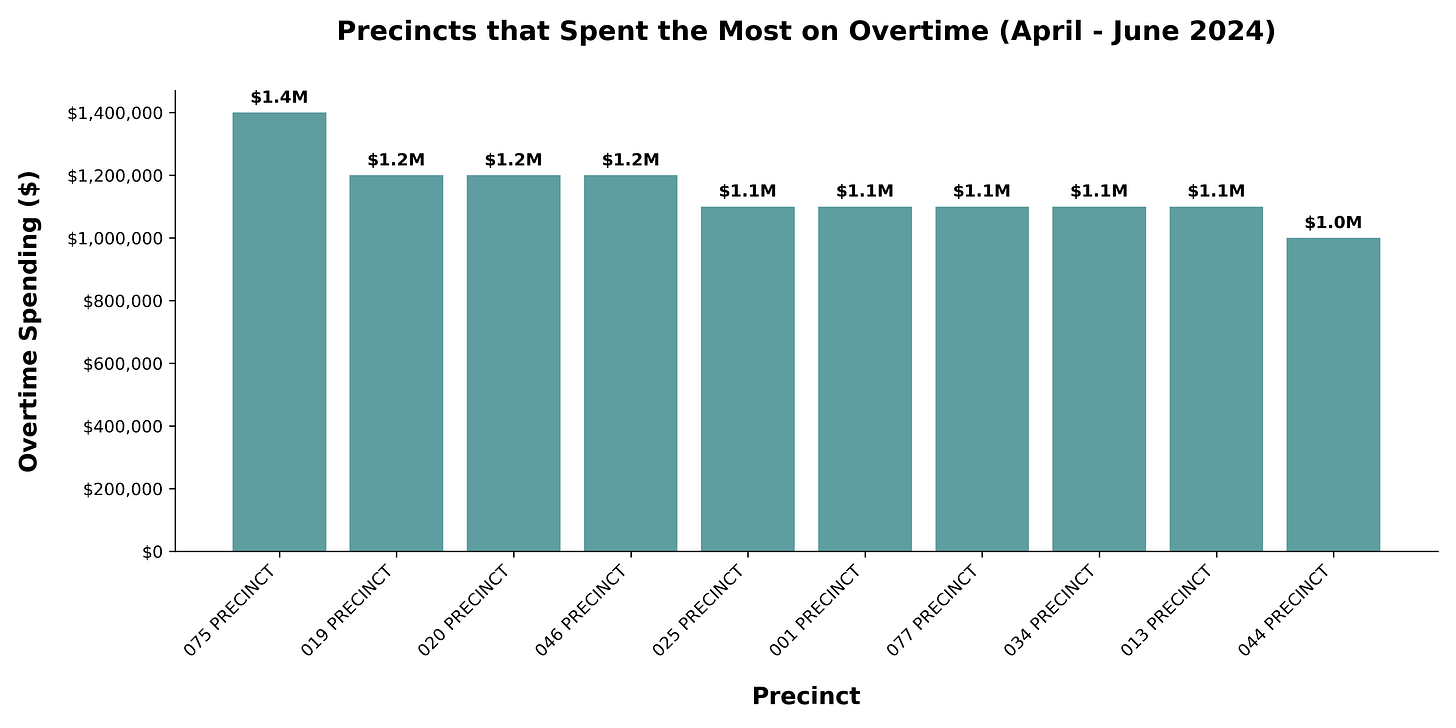NYPD Vows to Crackdown on Overtime Abuse After Mounting Scandals
Facing controversy and extraordinary overtime costs, the NYPD announces major changes to curb waste and corruption.
Following a record-breaking $1.1 billion spent on overtime in the 2024 fiscal year, a $141 million increase from 2023, the New York Police Department (NYPD) is under renewed scrutiny to address its financial and operational problems.

Newly appointed Police Commissioner, Jessica Tisch, has announced sweeping reforms aimed at reining in the department’s financial hemorrhaging and restoring public trust.
“We have articulated clear overtime controls,” said Tisch. “It is now the responsibility of managers and executive leadership to ensure these controls are followed, and I will hold them accountable.”
The proposed reforms include:
Monthly Overtime Caps: All NYPD bureaus will now operate under strict monthly overtime limits tailored to their responsibilities.
Compliance Officers in Every Bureau: Dedicated officers will monitor overtime spending and ensure compliance with new policies.
Enhanced Reporting Requirements: Bureaus must submit detailed monthly reports on overtime usage to department leadership.
Stricter Managerial Oversight: Managers and executive leaders will be held directly accountable for overtime abuses in their units.
These reforms follow a series of high-profile scandals, including the resignation of former Chief of Department, Jeffrey Maddrey, in December. Maddrey, who was the NYPD’s highest-ranking uniformed officer, stepped down after allegations emerged that he traded overtime opportunities for sexual favors.
The scandal exposed glaring weaknesses in oversight, with Maddrey’s accuser reportedly earning over $200,000 in overtime in an administrative role.
Kaz Daughtry, deputy commissioner and former driver for Maddrey, also allegedly collected overtime despite policies prohibiting such payments.
According to an overtime report by the NYPD, spending between April and June 2024 surpassed $200 million with precincts alone accounting for more than a third of total spending.
Brooklyn’s 75th Precinct, the infamous Seven Five, serving East New York, led precincts in overtime costs during the same period, spending nearly $1.4 million.
A report from the Department of Investigation found that NYPD officers working overtime faced increased risks of misconduct and injury. The report also pointed to a breakdown in oversight during Mayor Eric Adams’ tenure, as the NYPD exceeded its overtime budget every year since 2016.
Despite pledging to reduce police overtime spending by half during his campaign, Adams has overseen a 60% increase since taking office in 2022.
Defending his administration, Adams cited unprecedented demands on the department, including large-scale protests and a renewed focus on subway safety.
“I hear the criticisms, and I take responsibility,” said Adams. “But I won’t compromise on public safety.”
Adams’ choice for Deputy Mayor for Public Safety, Phil Banks, resigned last year amid a federal corruption probe, leaving a power vacuum that many believe exacerbated the overtime crisis. Critics suggest a culture of impunity and the collapse of internal controls contributed to record-high spending.
The Police Benevolent Association (PBA), on the other hand, attributes high overtime to chronic understaffing, leaving officers to cover more shifts.
“We’re at the lowest staffing level in three decades, with an average of 234 cops quitting or retiring each month,” stated the PBA. “In some precincts, cops are losing nearly all their days off, or being brought in on mandatory OT just to cover routine patrol tours.”
The department faces an uphill battle. A separate report by the city’s Comptroller found that police overtime spending consistently outpaced budgets, suggesting deeper systemic issues.
The NYPD’s reforms mark a pivotal moment for a department with calls for more transparency and long-term solutions to prevent future abuses. The city is betting on Commissioner Tisch’s leadership to rebuild public trust and restore financial order.
As investigations into past abuses continue, New Yorkers are left wondering if these changes are enough to truly curb the department’s bad habits.
Stay tuned for updates as this story develops.




